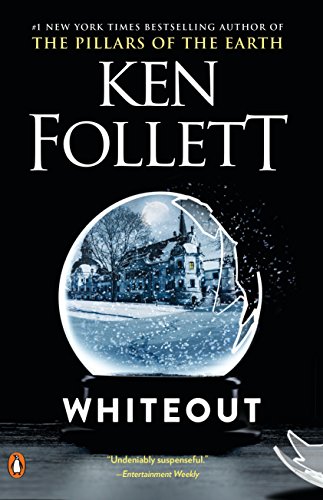Thanks to Bufo Calvin at I Love My Kindle for turning my attention to some fascinating remarks last week by Madeline McIntosh, who returned to Random House in early November in the newly created position of President, Sales, Operations, and Digital. Speaking in San Jose at the Winter Institute of the American Booksellers Association, McIntosh separated herself and Random House dramatically from what had previously seemed like lockstep among Big Six publishers around issues of pricing control over ebooks.
According to a report at Publishers Lunch:
McIntosh took on pricing control directly as one of the reasons Random House has “not acted quite as quickly as others.” She expressed a series of concerns that publishers “have no real experience at setting retail prices….”
She cited a recent visit to Powell’s, where with used books and new books sitting on the same shelves “they set the prices on every single unit in a unique, demand-based way.” But more importantly from her perspective, up until now “our authors have not been at risk if you make a different decision about how to price a given book, so it didn’t actually affect our author if a given retailer decided to aggressively discount a certain segment of books. The benefit…is that we have been able to sustain a great variety of different authors at different levels.”
On the windowing of releases, McIntosh expressed a personal opinion and noted “there are a lot of divergent opinions at Random House,” but she is “not convinced that delaying an ebook will be to the benefit of either the author or the consumer.” She prefers not to lose a potential sale because an ebook version is not available and also does not want to “create an adversarial relationship” with ebook readers or “train those readers that instead the best way to get that digital copy is to download it for free.”
Instead of through changed pricing models, McIntosh said “the best value we can offer in the digital world will be about embracing what we already know how to do well…. Our best asset is our editors.” She spoke about “allowing digital to force us to reinvent ourselves as editors” as Random looks at ways “to contract and deliver content that is a whole range of different lengths, and bring ideas to market in a much faster way than we can when its print.” For the future, she is less excited about “just about creating a digital version of a book or adding bells and whistles” but wonders instead “do we need to push ourselves into an area we really don’t know anything about, which is thinking about developing applications.” She sees the process as taking a brand and conceiving of “what would be compelling to a consumer…that would make us still relevant as a content producer” in a new way, admitting that they don’t have the answers yet–just the question.
It’s good to see some engaged, intelligent, independent thinking by someone in a position to influence how the ebook pricing saga may actually play out.













